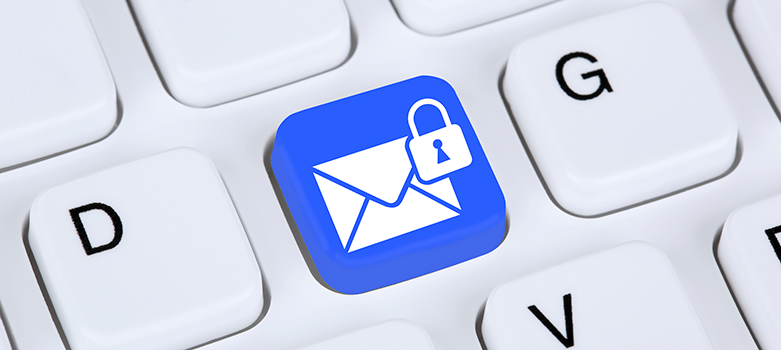Different Types Of Email Security Solutions Can Help Protect your Business
When launched Cumulus Global 15 years ago to provide small and midsize businesses (SMBs) with email security and security solutions. As early adopters, we saw how managed cloud services and solutions made enterprise grade solutions affordable and effective for small businesses. While much as changed over the past decade and a half, we still face email-based threats.
Email Attacks are Easy
According to Verizon’s 2021 Data Breach Report, email remains one of the most common vectors for attacks. And, phishing attacks are at the top of the list. Email phishing attacks remain prevalent because they are relatively easy. Cyber attackers are able to say one step ahead of our defenses, in large part to the rise in social engineering. With more of our personal information available through social media, attackers can use psychological tactics and personalized messaging to target specific individuals (spear phishing) and business leaders (whaling). In doing so, they garner sensitive information and gain access to systems and data.
Business Email Compromise
Business Email Compromise (BEC) attacks impersonate your email domains or emails for specific users. In most instances, BEC attacks look and feel like legitimate emails from your business. Combined with social engineering tactics and personalize information, they are hard to spot and often successful. Cyber security attacks can be “internal” that target your employees, or “external” that use your business to defraud your customers and associates.
Email and Domain Impersonation
Preventing email and domain impersonation attacks bypass account level security, including multi-factor authentication. To prevent these attacks, recipients should only accept email that can be authenticated as coming from your domain.
Different Types of Email Security Protection: Good, Better, Best
Currently, you have three levels of email domain security that can protect your business and your identity: Good, Better, and Best.
Good: SPF Sender Policy Framework
SPF verifies emails sent from valid IP addresses, either from your domain or authorized senders. While most small businesses have an SPF record configured, errors cause individual emails, or emails from marketing and CRM systems, to be flagged as spam by the recipient. Cyber attackers can spoof email addresses to give the appearance of a validated sender.
Better: DKIM DomainKeys Identified Mail
DKIM verifies that have been digitally signed by the sending domain, or by services sending email on behalf of the domain. Proper configuration is technical and involves cryptographic key management; errors can lead to fake messages with valid DKIM signatures. Cyber attackers can remove the DKIM signature using sophisticated relay attacks.
Best: DMARC Domain-based Message Authentication, Reporting,
and Conformance
DMARC authenticates email origin by aligning identifiers from SPF and DKIM, and instructs recipients to deliver, quarantine, or reject failed emails by policy. DKIM helps improve email deliverability. Is the best protection against email and domain impersonation attacks, whether they target your employees, vendors, or customers. Reporting enables you to see email sources and manage your policies.
Protect Your Business With Our Email Security Services
While you set up SPF and DKIM with DNS record entries, DMARC is best implemented as a service. Doing so provides you access to settings, reports, and analysis tools. For most small and midsize businesses, the level of protection DMARC provides is worth the minimal cost.
You can learn more with our eBook: Email Security: Good, Better, Best.
To discuss your email security configuration, make an appointment with one of our Cloud Advisors, send us an email, or fill out our contact form.
 Service Update Announcement
Service Update Announcement
 As reported last week by
As reported last week by 